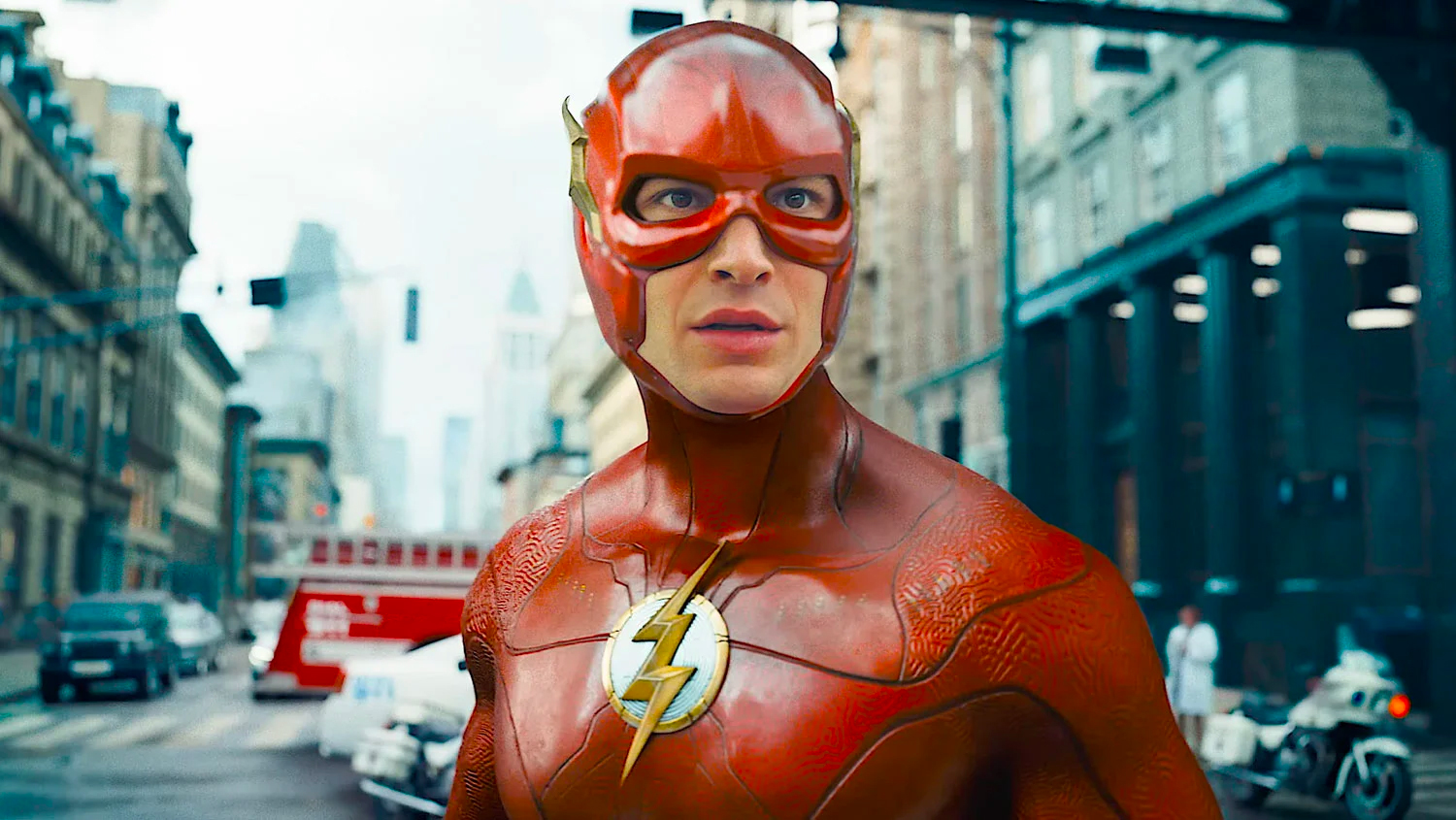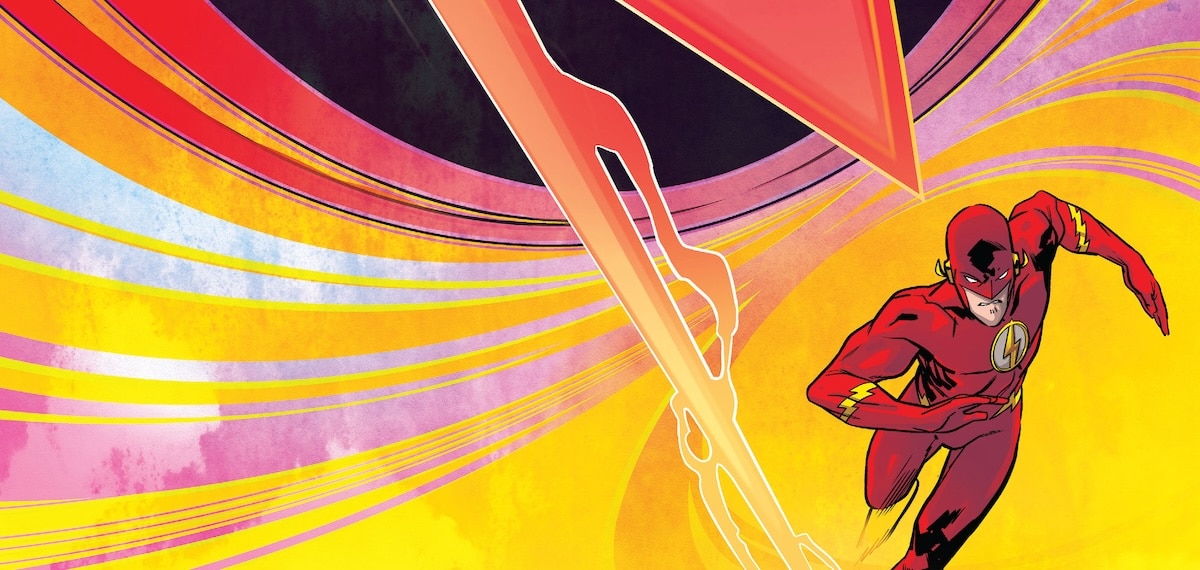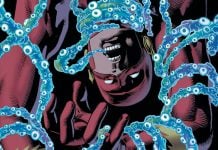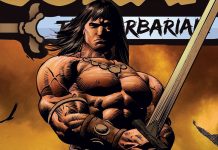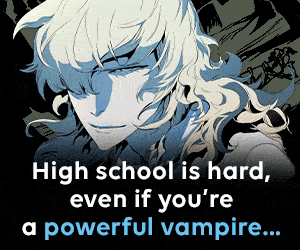With so much behind-the-scenes drama following the former DCEU and current DCU, it felt like for a long time that The Flash was never going to come out. DC movies were getting delayed or axed left and right, and it seemed like the Ezra Miller-led Speedster movie was next on the chopping block. After all, Miller has had their fair share of issues. Multiple arrests over assault, drug possession, and burglary have turned them into one of the most talked about aspects of the film. However, going into The Flash, I wondered if Miller could manage to shed their controversy and deliver a strong performance as the beloved Barry Allen.
Directed by Andy Muschietti, who came from a laundry list of other directors, The Flash film is meant to center around one of the most famous comic book events of The Flash’s storyline: Flashpoint. Of course, the actual movie is clearly just borrowing principles from Flashpoint, but does that mean it’s disappointing? Obviously, for a comic-accurate Flashpoint to occur, the DCU would have to be much more established and it feels like an event to build toward, not something to kick off a superhero’s first solo movie. That being said, the story does have much of the barebones of Barry Allen’s story and correctly builds on the emotional ties that Barry has in his life. He lost his mother, Nora (Maribel Verdú), as a child and has been living with the fact that his father, Henry (Ron Livingston), was wrongfully convicted for her murder.
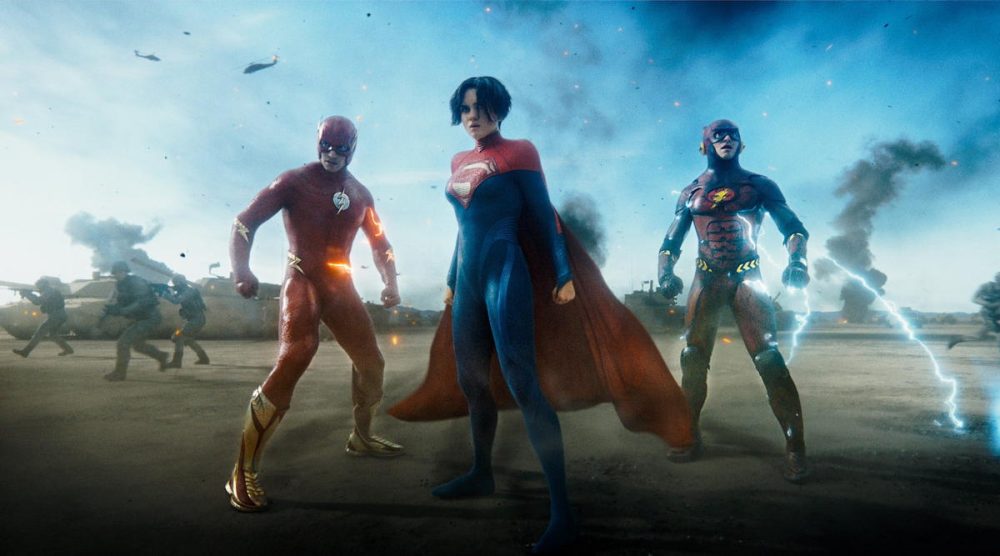
But, much like Bruce Wayne, Barry is haunted by the fact that his father has been in prison all this time, accused of the murder of his mother. Despite multiple appeals, getting Henry out seems to be a fruitless venture. But, when Barry discovers the ability to travel back in time, and — because he’s only human — he messes with the timeline, and everything changes. He meets a 2013 version of himself, a younger brattier version who lives in a world where Nora Allen never died. As the universe is altered because of Barry’s actions, tragic events come to pass and Barry must learn what comes of messing with the timeline.
On paper, The Flash, while slightly convoluted at times, is an exciting story about time travel and alternate universes. It’s a storyline that manages to feel somewhat fresh in a time when we are inundated with multiverses from all corners of Hollywood. Controversies aside, Miller is one of the strongest members of the cast. It’s their scenes with Verdú, or Livingston, or a grizzled old Bruce Wayne, played by Michael Keaton, that really center and ground the film. But moreover, it’s their scenes with themselves as the younger Barry that really anchor the story.
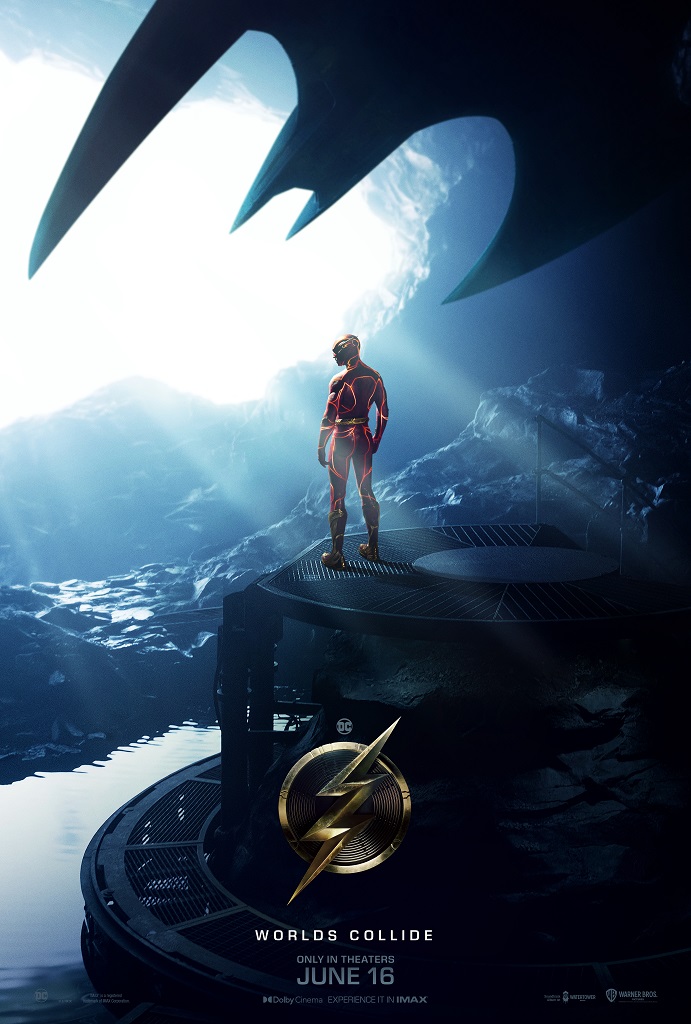
The problem comes in the third act. Leading into a bloated and prolonged fight sequence, The Flash‘s final third devolves into a non-stop action scene that does little in terms of being visually exciting or compelling. This is the film’s weakest point as it uses the long scene to hammer in a point that had already been made. Much like any superhero third act, it’s chock full of explosions and quick cuts that are dizzying and quickly grow old. On top of that, the final third of the film is overflowing with cameos, some welcome and some completely unnecessary. Because it is a DC movie and it’s about the multiverse, it seems obvious that we’ll see some familiar faces, but The Flash loses its spark. The DCU neither has enough clout nor has curried enough good favor to be pulling cameos out of a grab bag.
At the end of the day, considering the production hell it went through, it’s a surprise to me that The Flash is comprehensible at all. And yes, there are some truly redemptive moments in the film that almost manages to make me forget some of Miller’s worst sins in favor of their talent. Almost. There is a lot to love about The Flash, but it is far from flawless and loses its impact by the time it barrels toward the end. By those final moments, we’re left to wonder if Barry even learned his lesson, or if all those people he cared about died for nothing. The ending is left open-ended enough that if the movie does well, we could get more of Miller’s Barry, but has Muschietti done enough to justify it?
Rating: B-



